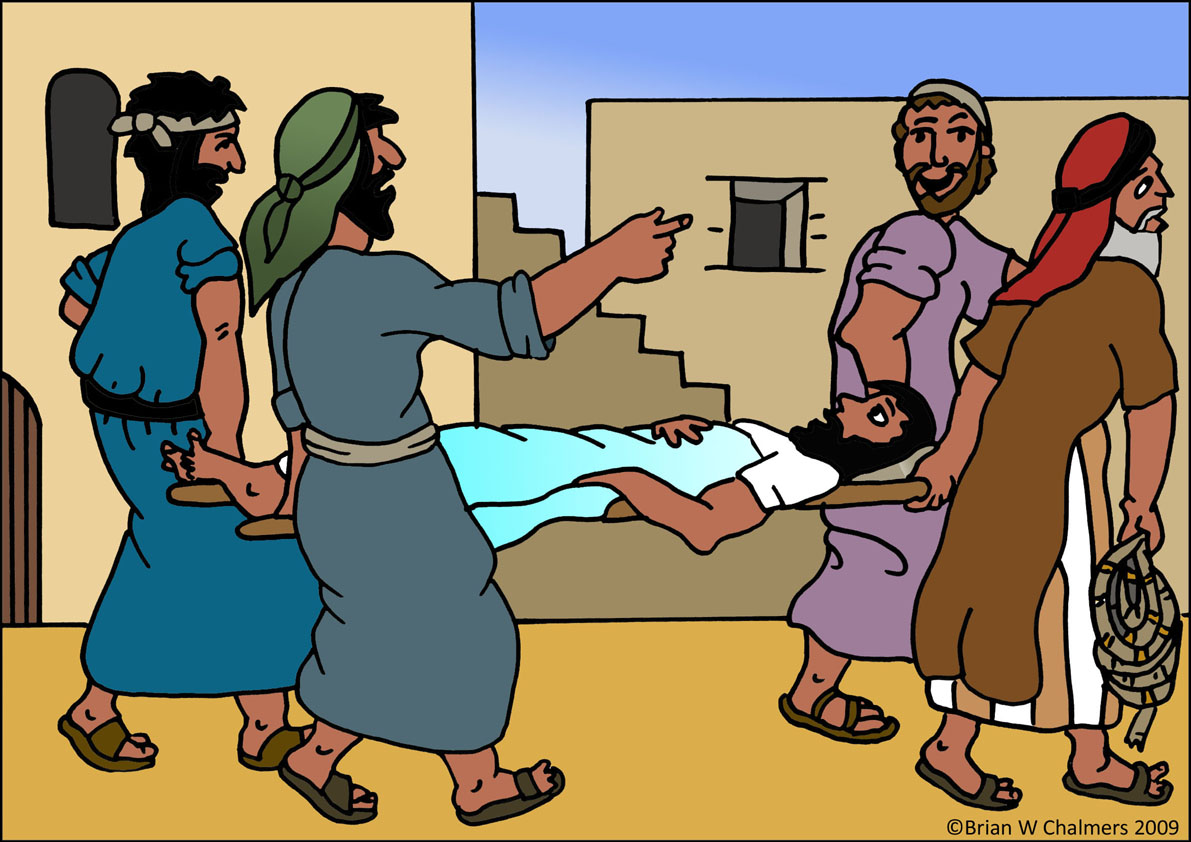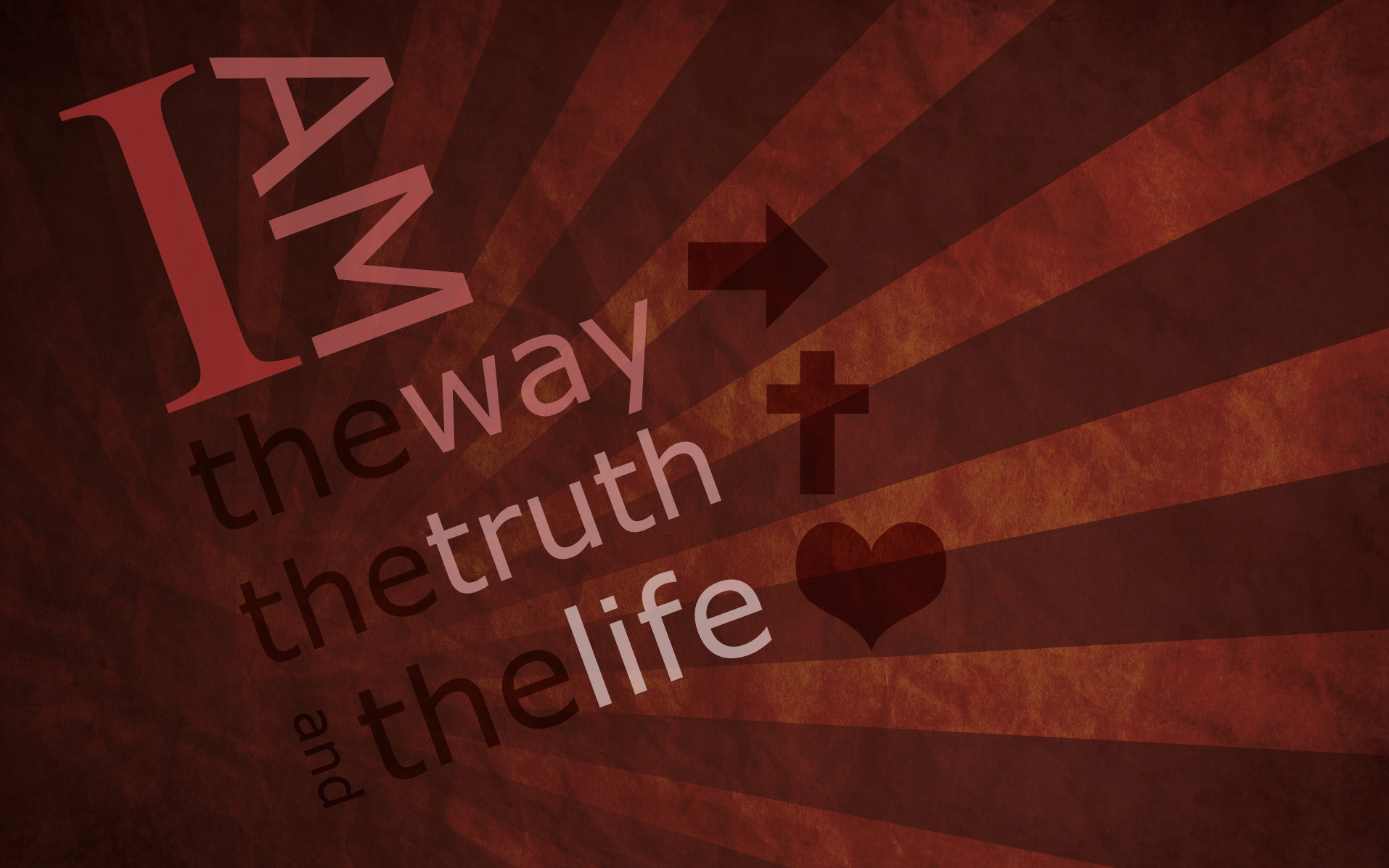This weekend just gone I had the supreme privilege of being asked to go down to New Zealand's most Southern city, Dunedin, to speak about my experience with mental illness and how the church can take part in the healing and reintegration of people with mental illness back into the community. I was there from Friday afternoon til Monday morning and managed to squeeze in six different talks to a variety of groups and churches.
Apart from being absolutely shattered I loved my time down there. It was an awesome city with an awesome vibe and beautiful architecture. Below is the main talk I gave on the Friday night to a bunch of different church people (along with pics of my time in the beautiful city). I hope you enjoy.
----------------------------------------------------------------------------------------------------------------------------------
Mary was upset. A man
that she didn't like was whispering nasty things in her ear and
touching her inappropriately, and she didn't like it. She told him to
stop it but he wouldn't go away. So she started to yell at him,
screaming at him to leave her alone. When I found her she was lashing
out at the man and screaming at the top of her voice for someone to
help her.

Natasha knew that she
was sick. She could see it in the mirror every day. Her skin was
starting to fall off her bones. She could see where it was tearing
and bleeding and she didn't know how to stop it. She had been to the
doctor many times about it but they kept telling her that it was ok.
She knew it wasn't ok, and by the time I heard her story she was in a
panic about how to fix it.
Mary and Natasha are
real women who both experienced extremely traumatic events. However,
both these women did not receive the help they needed to process what
they went through.
For any other people
these circumstances would have warranted counselling, church prayer
meetings for the women, friends coming alongside to console and
advice. Hey would have received medical treatment for their
experiences and gained compassion and love from every quarter. Mary
and Natasha didn't received any of this.
Because what Mary and
Natasha experienced were hallucinations brought on by extreme mental
health problems.
Tonight I have the
privilege of being able to talk to you about mental health and the
church. I can't do that without first telling you a little about
myself. I am 28 years old, have been married for two years, am
completing my Masters thesis and am looking at doing a PhD in mental
health and theology.

6 years ago my life was
very different. When I was 12 I developed early onset
schizophrenia. By age 19 I lived with full blown psychosis, was in and out of
the psychiatric ward at my local hospital, and had attempted to take
my life numerous times. At age 22 my parents were taking care of me
full time, I had ballooned from 75 kilos to a massive 200+, and I had
been told that there was no cure, that mine was a life long sentence.
Enter the little old
ladies on the church prayer team. Their prayers that day 6 years ago
completely changed my life and thanks to the grace of God I am able
to stand before you today free from extreme mental illness, free from
medication, and able to share my story and give a voice to those who
are often unheard.
My life is a life of
terrible suffering and miraculous healing.

While I was unwell for
all those years I was actively involved in my church. This
involvement did become less the more unwell I became, but what also
became apparent was that I was more UNWELCOME the more unwell I
became.
No one ever said to me
“You are not welcome here.” I was never asked to leave or told I
couldn't join a particular group. I was always greeted warmly at the
door every Sunday, and prayed over when I received communion.
I was included. I just
didn't belong.
People
ceased to ask me out for lunch or dinner. I saw numbers dwindled in
my home group and heard the whispers that it was because I made
people uncomfortable. I wasn't asked to group outings to the movies
or the pools. In fact, between Sunday and Sunday I didn't see anyone
from my church. I was alone at home. I was at home, lonely.
As
my mental health deteriorated so did my understanding of social
niceties. I was a difficult person to be around. I never stopped
talking. I would speak too loud. I would fall asleep at church and
snore. I would eat anything that stopped long enough for me to grab
it and put it in my mouth. I was bad at personal hygiene. I was big,
loud, smelly, and an embarrassment to the people around me.

So
people stopped being around me. I don't blame them, I really don't.
It is really hard to spend time with someone that you can't relax
around. It is hard to visit the house of someone who smells bad and
won't let you leave. I exhausted people. I drained them.
Natasha
exhausted people too. I met Natasha in the ward. She was a sweet
woman in her 50's who had experienced a psychotic break with reality.
She truly believed her facial skin was tearing off. I avoided her
like the plague when I was there. If she could corner you she would
tell you non-stop about her face and you would be stuck there for
hours. She would follow you around too if you tried to walk away. She
was embarrassing and exhausting and so I went out of my way not to
talk to her.
I
didn't care that Natasha was genuinely concerned about her face. I
didn't care that she needed someone to talk to. To me she was a crazy
old kook who I wanted to stay away from.
I
still think about her and wonder what happened to her.

While in the wards I was exposed to many more people and behaviours
that, in my early twenties, I was completely unprepared for. I
watched a heavily pregnant woman attack staff and have a fire hose
turned on her in an effort to control her. I heard the same lady
describe her unborn child as a demon. In reality it was her fathers.
I met a 17 year old boy who was dropped off by his parents for
suicidal behaviour. He remained there for a week with no visitors. I
was verbally abused by a man who thought I was his mother, and I was
confronted by nurses who were in equal measure compassionate and
careworn. When not in the psych ward I was a daily visitor at the day
ward with other mental health patients in the community. Though this
was a much more pleasant environment I was surrounded by people I did
not know, that were usually much older than me, and by community
workers who were understaffed and overworked. The people there
embarrassed me with their weird behaviours and I felt left out and
alone.
One thing that these people and I had in common was we were all
identified by our labels. I was schizophrenic, which meant that
nothing I said could be trusted as real. Others were bipolar, which
meant you had to watch out for mood swings. Others had extreme
depression so they were kept away from anything sharp.

Diagnosis of
a mental illness alone creates greater issues for the patient than
suffering the illness alone. Diagnosis locates the illness entirely
with the individual, apart from their family and environment. It
claims that there is something 'wrong' with the person that defines
them as outside the acceptable 'norm'. This reduces hope of recovery,
creates stigma from labelling, and turns a person into a category.
Currently in
NZ today it is estimated that 1 in 4 people will suffer from a mental
illness at some point in their lives. It is estimated that 38% of
europeans, 62% of Maori, 59% of asians, and 59% of pacific islanders
will be diagnosed with a psychotic disorder, such as schizophrenia,
in their life time
I find that
when I speak of my experiences with mental illness I am met with 1 of
four reactions by the listeners. The first is ambivalence. These
listeners cannot relate, or don't know how to, and so are quick to
change the subject and to move out of the area of a topic of which
they have no understanding. They may think that mental illness is
“all in your head” and something that can be changed by will
power, or they may simply have no interest in the matter.

The second
reaction is nervousness and confusion. These listeners mean well but
simply do not comprehend what mental illness is or how to respond to
it. They may look at you like you are about to pull out a gun and
start a rampage, or they may ask to pray for you to release you from
the demonic stronghold over your life. These are the listeners that
will offer to pray for you but end up lost for words as they become
confused as to what to pray for. They often super-spiritualize your
experience in order to bring the conversation into a language that
they understand.
The third
group is perhaps the most interesting of reactions. They are the
group that leans forward with eyes shining lapping up every word.
When you have finished speaking they will say things like “that is
so cool” and ask questions like “so, you could actually see
people that weren't there? Was that freaky and what did they look
like?” They are curiously excited by what is being said and can ask
insensitive questions about experiences in the psych wards. They will
also be the ones most likely to call people with mental illness
'crazy' or 'psycho'.
The last
group is the minority. They are the listeners who will find you alone
later, share their own experiences, cry and pray with you. They
usually have had an experience with mental illness and have genuine
compassion for what I have been through. But these listeners are few
and far between.

Unfortunately
mental illnesses have stigmas attached to them that cause reactions
of fear, disinterest, and wariness. People buy into the stigma that
schizophrenics, and other mental health patients, are WORTHLESS,
DIRTY, INSINCERE, DELICATE, SLOW, TENSE, WEAK, FOOLISH, INCOMPETENT,
NOT RESPONSIBLE FOR ACTIONS,
DANGEROUSLY
VIOLENT and UNPREDICTABLE. It
is my experience that these stigmas are found just as much within the
church as from without, but the added labels of LACK OF FAITH, DEMON
POSSESSED, and ANGRY. With these labels it is easy to understand why
mental health patients find it hard to contribute in a world where
the stigma of your illness is often worse than the illness itself. It
is also easy to understand why mental health patients often talk of
feeling isolated and rejected by their communities and churches.
The simple
fact of the matter is, people do not know how to respond to mental
illness.
Despite a
quarter of the population having experienced one mental illness of
another at some point or another, it seems to be a human issue that
we cannot comprehend or relate to suffering that cannot be physically
manifested. People will react out of fear and amusement, but very
rarely out of genuine compassion.
And this is
true of the church as well.
In the last
six years I have had to relearn socially cues and behaviours, get use
to being on my own with no other voices to keep me company, and to
survive on my own outside of my family's care.
I carry with
me the memories of people who have not been as fortunate as I. The
haunted eyes of the lady that believed the baby in her womb was a
demon. The dead eyes of the man that received shock therapy at age 8
and has been institutionalized ever since. The fear in the eyes of
the lady who believed the skin on her face was melting off. The
sadness in the eyes of the young teenager with suicidal tendencies. I
hold in my heart the conversations we all had about being forgotten,
rejected, hated by our communities. I remember the questions I
received when I told the other patients I was a Christian as to why
no one in my church came to visit me. I remember the loneliness.
Which is why
when I met Mary I acted in a way that I had never previously acted. 3
years ago I heard screaming coming from over my fence at about 10pm.
Concerned, I went over to see what was happening and found Mary, the
mother of my next door neighbour, screaming at a man that I could not
see, that did not exist. She had arrived to visit her daughter only
to find the house empty, her daughter away for the weekend, and it
was enough to cause a mental break with reality. In that moment I
remembered avoiding Natasha at the wards and so I went and sat with
Mary, listened to her worries, answered queries from other concerned
neighbours, and called her daughter. I sat with her all night waiting
for the mental health response team to arrive with her medication. I
refused to let Mary turn into another Natasha in my memory.
Jesus is a
friend to the broken.
I believe
this with all of my heart. Yet is it so difficult to befriend a
person who doesn't speak sense, who may not even notice your
existence while you sit with them, who can act in a way that seems
barely human sometimes.
Yet Jesus is
a friend to the broken.
I knew this
couple who had met in the psych ward, fallen in love and, against the
wishes of their families, got married. Everyone expected them to
spiral out of control mentally and end up back in the state's care.
To everyone's surprise, they found a house, moved in, and, when I met
them, had been happily married for 10 years. Their love and care for
each other meant that they reminded each other to take medication and
see the doctor. But the most profound thing that she said to me was
“he makes me feel human, he doesn't care about my labels.” They
had discovered in each other a person who saw and loved the intrinsic
value that the other contained in simply being human. It was through
this love and acceptance that they were able to move back into the
wider community and form relationships there. Their mental illnesses
didn't disappear or even get much better, but in being treated as
human rather than as an
illness
they have been able to find wholeness and healing.
It was in their example that I saw a vision of what the church could
be. Loving the broken is more than praying for their healing. It is
more than listening to their stories. It is more than asking
questions about experiences.
It is about teaching the church as a whole to view people as human
rather than as broken. To value the humanness of a person is to see
past the brokenness, the medical labels, the sad stories, and to see
the heart of a person who longs only to be treated as worthy of
attention. It is to act out the continuing mission of Jesus to all
who are difficult to relate to and to understand and to reincorporate
them back into the community.
In my experience I have seen this love of my humanness a handful of
times. I saw it in my next door neighbour who would come over for
coffee everyday and sit and listen to me ramble, help me clean my
house, tell me off if I did something silly, and give me advise on my
struggles. I saw it in a fellow student who discovered that I had
difficulty in picking up social cues and developed a system of
signals to tell me when I was doing something wrong. I saw it in one
of my lecturers who let me breakdown in his office when things were
getting on top of me.
These people listened, heard the issue, accepted it and worked with
it, rather than trying to change it. For me, they were the church
being lived out.

I still don't know how this love for the humanness of people works in
churches. There is no 5 step program about reintegrating the mentally
ill back into the congregation. But in a country where at least 1
million people will be diagnosed with a mental illness at some point
in their lives, there needs to be a beginning of a conversation. And
it is a conversation that includes those that it is about. They may
be unwell, but they will be very aware of what they feel is missing,
what they don't like and how they want to be treated.
It is hard to be friends with people that don't fit, that embarrass
us, that are difficult to understand. But our mindset is
fundamentally wrong. This was never about US. It isn't about our
comfort or discomfort, but about loving people as the created image
of God, as people who embodied the Holy Spirit, as people that Jesus
came in form of and died for. If we get over our own embarrassment
and start viewing all people, well or not, as as worthy of belonging
as we are, then maybe, just maybe, people like me won't have to feel
lonely anymore.


































